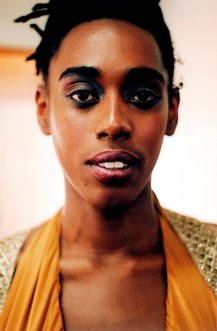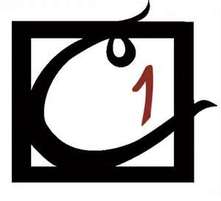 JACQUELINE LAWTON: Why did you decide to get into theatre? Was there someone or a particular show that inspired you? LENELLE MOISE: I was an immigrant daughter from a religious and over-protective household. I wasn’t allowed to play outdoors. I became a very bookish and serious child. Studying and creating theatre gave me much-needed opportunities to play. In rehearsal studios, black boxes and larger theaters, I learned social skills and confidence. My working class parents couldn’t afford athletic gear or musical instruments. Pencils, paper and imagination are affordable. JL: Where do you feel we are in terms of gender and race in larger landscape of the American Theatre? LM: I find that American audiences are eager—or, at least, curious—to see women and people of color in complex, leading roles. Producers and presenters are starting to catch up. JL: How do you feel your community has addressed the issues of race and gender parity? How has this particular issue impacted you and your ability to practice your craft? LM: I feel very empowered and encouraged as a performance poet and solo theatre artist to create work that is both artistically strong and sociopolitically relevant. In academia, my work is examined for both its craft and its politicized content. As a playwright, I’m still looking for ways to have anti-racist and feminist conversations in the theater with a sense of collective responsibility and enthusiasm. We need to move beyond fear, guilt and silence into a space of inquiry, truth-telling, respect and joy. Theatre people are equipped to build sparkly safer spaces for these kinds of conversations. We have talent, flexibility and comic timing. If we can’t do it, who will? JL: Why is it important that we continue to have these conversations that address gender and race in theatre? LM: In her play, The Butterfly Collection, Theresa Rebeck writes, “Don’t you think it should be considered a limitation if you can’t imagine what it means to be human for half of the human race?” Humans have gender and race! Yes, even men who are white. Conversations like this affirm and celebrate a wider range of human experience. Conversations like this can be limitless. JL: What excites you about taking part in the XX Playlab Festival? LM: It’s inspiring to see and discuss work by New England-based women of color playwrights. Their stories and philosophies tell me about the time, space and culture I’m living in. Theatre artists are compasses! We need them to know where we are.
0 Comments
Your comment will be posted after it is approved.
Leave a Reply. |
My BlogI'm a playwright, dramaturg, and teaching artist. It is here where you'll find my queries and musings on life, theater and the world. My posts advocate for diversity, inclusion, and equity in the American Theatre and updates on my own work. Please enjoy!
Categories
All
Archives
June 2020
Reading List
|



